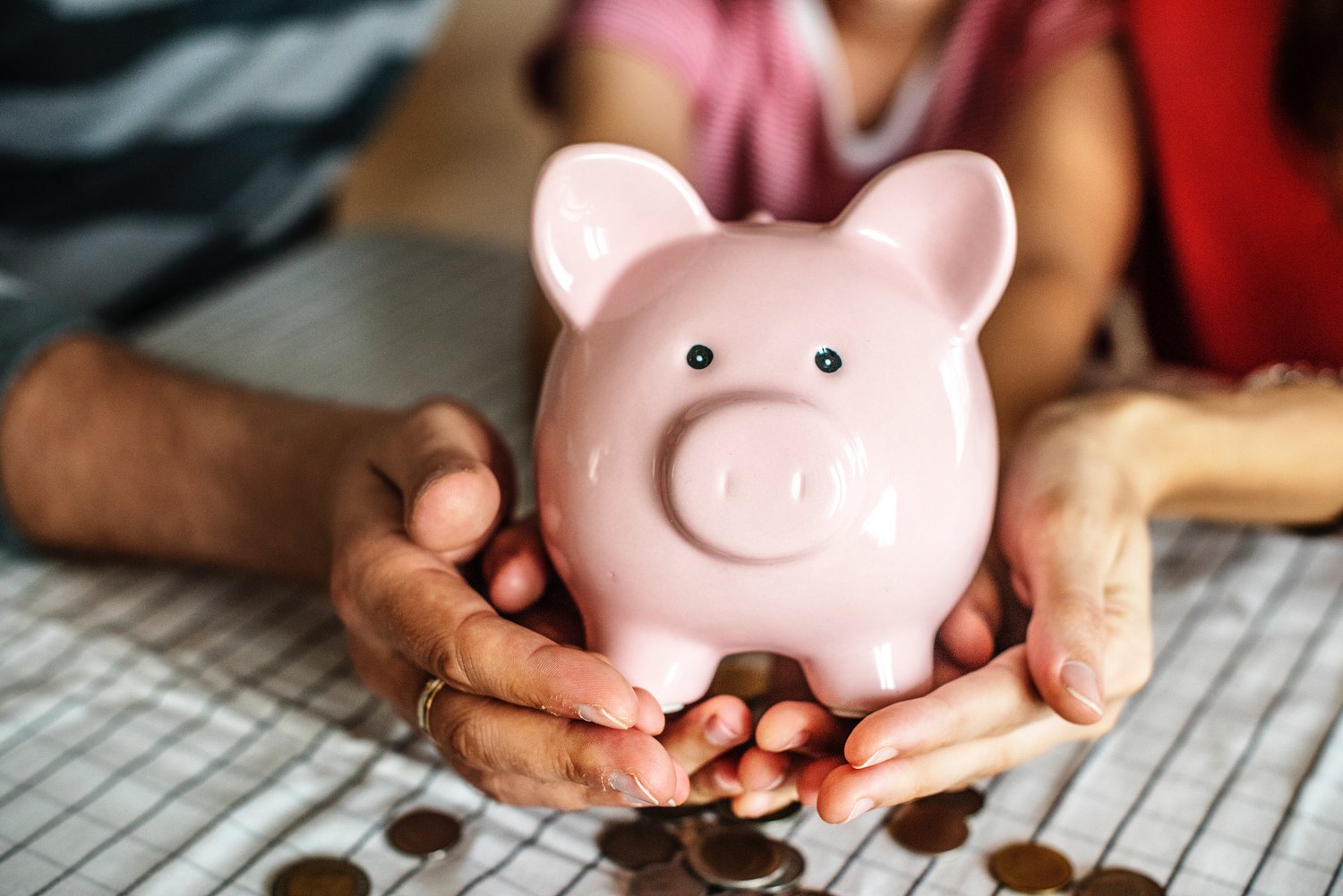Just a few weeks in the past, the stunning profession coach Lisa Lewis interviewed me for her weblog collection about cash. We obtained to speaking about whether or not or not you possibly can ever have sufficient in financial savings. The determined pursuit of the elusive “sufficient” too typically leads folks to reside in worry: worry of spending an excessive amount of, worry of making a gift of an excessive amount of, worry of not having sufficient to help themselves and their household.
Are you able to ever actually have “sufficient” to guard you in opposition to each eventuality? The reply, in fact, is not any. You don’t know what is going to occur — good or unhealthy. However is that basically the objective? Are you attempting to construct your self a fortress that may stand up to each attainable blow? Or, are you attempting to construct your self a home on a robust basis that may defend you in opposition to most cheap, dangerous conditions?
My husband’s accident was the primary important second the place I discovered financial savings to be vital. As I’ve talked about earlier than, some of the comforting ideas for me after I was sitting beside him on the hospital was: We now have an emergency fund. We are able to cushion this blow. It allowed me to breathe simpler and fear about him as a substitute of how we’d pay the medical payments. However the reality is, we haven’t touched our emergency fund because the accident. As a substitute, the opposite protections we had in place have carried us via: automobile insurance coverage, medical health insurance, incapacity protection, and our Well being Financial savings Account. We had been (and nonetheless are) residing beneath our means, so we had been capable of spend a bit of of the cushion we had constructed up in our checking account once we wanted to as a substitute of dipping into financial savings.
Involved about saving sufficient? Right here are some things I’d counsel:
1. Reset Your Mindset: One of the best place to start out tackling your concern is to shift from a mindset of shortage (i.e., there’ll by no means be sufficient everybody so I’ve to assemble as a lot as I can) to a mindset of abundance (i.e., there may be sufficient for everybody and that features me). Don’t spend a lot time contemplating what you don’t have that you just miss the chance to domesticate gratitude for what you do have.
Tip: It could actually take time to peel again the layers of monetary insecurity. Be affected person with your self. Spend a couple of minutes every week taking inventory of what you’ve and giving thanks. Or, clench your fists tightly as you think about holding on to your cash with a vise grip. Then open your palms and really feel the stress depart your physique as you image your self prepared to provide and obtain freely.
2. Discover a Wholesome Steadiness: A wholesome price range ought to help us immediately, put together us for the longer term, join us to others, and produce us pleasure and refreshment alongside the best way. I firmly consider each price range ought to embody saving for future objectives, giving cash to causes you care about, and spending on one thing you get pleasure from that’s aligned along with your values. Check out your price range. Does it mirror all three of those classes?
Tip: You could be saving on the expense of giving or spending. If that’s the case, take small steps to start opening up your pockets to your individual wants and needs in addition to to these of others. Begin small by giving a number of {dollars} away to a trigger you care about. Ask your self: How did that really feel? Did that small quantity actually put me or my household at risk? Do the identical with spending: Put aside $25 month in your account to spend on your self (or on a date night time along with your partner) and make your self spend it. Ask your self the identical questions. Slowly, you’ll start to search out that wholesome steadiness.
3. Make use of Percentages: Clearly most of your price range in all probability goes towards payments and requirements. However what about the remainder of your discretionary earnings? Figuring out the way you’ll distribute that cash can provide you a way of objective. Start by setting a share for financial savings so you understand that’s taken care of — say, 15% — and maintain your self to it. Now, take into account what is going to you do with the remaining quantity: What p.c will you spend? What p.c will you give away?
Tip: As a member of a religion neighborhood, giving at the very least 10% of my earnings away was instilled in me early on. Fascinated by a share as a substitute of a hard and fast greenback quantity allowed me to develop the quantity I give as my earnings has grown. It additionally confirmed me early on the transformative energy of giving for each the giver and the receiver. Even when cash has been tight, I’ve felt good about my capability to be beneficiant.
4. Use Guidelines of Thumb Correctly: Typically it’s useful to dig into the numbers and evaluate your self to trade requirements to see when you’re within the ballpark. Keep in mind, these are simply normal tips — however they will help you get a way of the way you measure up in opposition to what the consultants advocate.
Tip: Listed here are a few guidelines of thumb I lean on: With regards to emergency funds, consultants advocate saving 3-6 months’ price of bills in your long-term emergency fund. Since you possibly can’t fund this financial savings account in a single day, I counsel beginning with a short-term fund of $500-$2000 and rising your long-term fund from there. With regards to retirement, I recognize Constancy’s suggestion of saving 15% of your wage (together with your employer’s contribution).
5. Make It Actual: Typically it’s truly useful to think about the worst-case situation. Title what you’re most afraid of: Is it the lack of a job, your partner passing away, your home burning down? Then, play it via. For instance, when you’re afraid of dropping a job, how will you propose for that? Take into account the entire automobiles — not simply financial savings — that is perhaps at your disposal. Would possibly unemployment earnings or a severance package deal make it easier to cowl the hole? Would you’ve your partner’s earnings? How simple would it not be so that you can discover one other job? Are there different abilities you might refine now that may make it simpler so that you can discover a job later?
Tip: I do know it sounds morbid, however this train is usually a useful solution to get to the foundation of your worry, and to call the sources you’ve that may make it easier to cope with it. When you’ve confronted as much as the worst-case situation and made a plan for it, it typically doesn’t really feel so scary.
I depart you with a quote by considered one of my favourite cash authors:
“If you let go of attempting to get extra of what you do not actually need, it frees up oceans of power to make a distinction with what you’ve.” ― Lynne Twist











